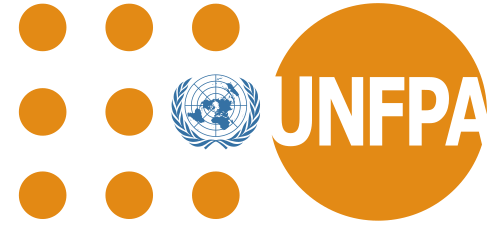The Impact of Climate Change on Maternal and Newborn Health Outcomes
Submit a question
Climate change directly and indirectly affects maternal and newborn health outcomes globally. Exposure to climate-related stressors can lead to adverse health outcomes, including miscarriage, low birth weight, malnutrition, and respiratory disease. Additionally, increases in infectious disease and food insecurity driven in part by climate change can have long-term effects, including increased rates of child marriage. Climate-related crises can also lead to diminished access to necessary sexual and reproductive health services. For example, individuals forcibly displaced as a result of extreme weather events face enormous barriers to access necessary health care.
The Wilson Center’s Maternal Health Initiative, in collaboration with UNFPA, hosted a panel discussion addressing the lasting effects of climate change on maternal and newborn health outcomes and the importance of addressing this often overlooked intersection of issues in global climate discussions. Panelists shared lived experience, evidence-based research, and innovations and policies from regions most directly impacted by climate change.
Introduction

Moderator

Panelists





Hosted By

Maternal Health Initiative
Housed within the Wilson Center's Environmental Change and Security Program, the Maternal Health Initiative (MHI) leads the Wilson Center’s work on maternal health, global health equity, and gender equality. Read more


Environmental Change and Security Program
The Environmental Change and Security Program (ECSP) explores the connections between environmental change, health, and population dynamics and their links to conflict, human insecurity, and foreign policy. Read more


Indo-Pacific Program
The Indo-Pacific Program promotes policy debate and intellectual discussions on US interests in the Asia-Pacific as well as political, economic, security, and social issues relating to the world’s most populous and economically dynamic region. Read more

